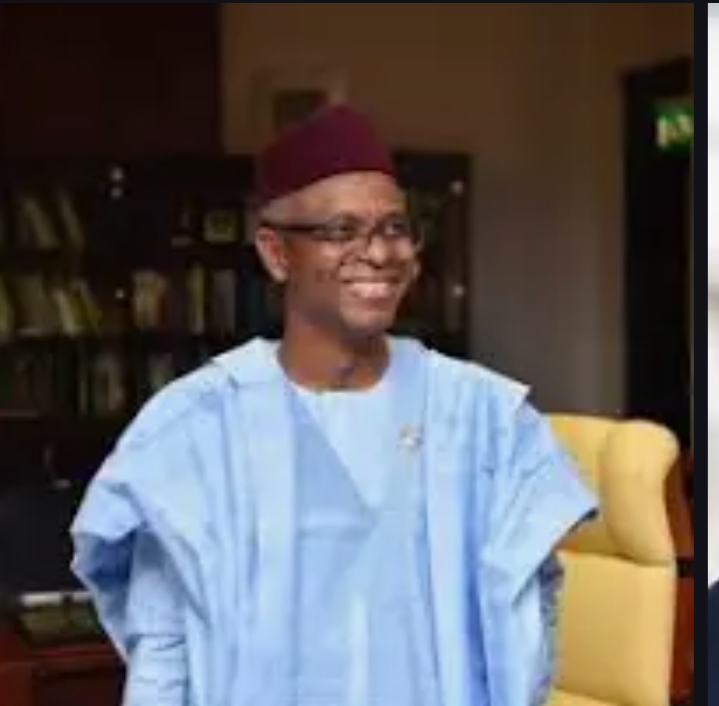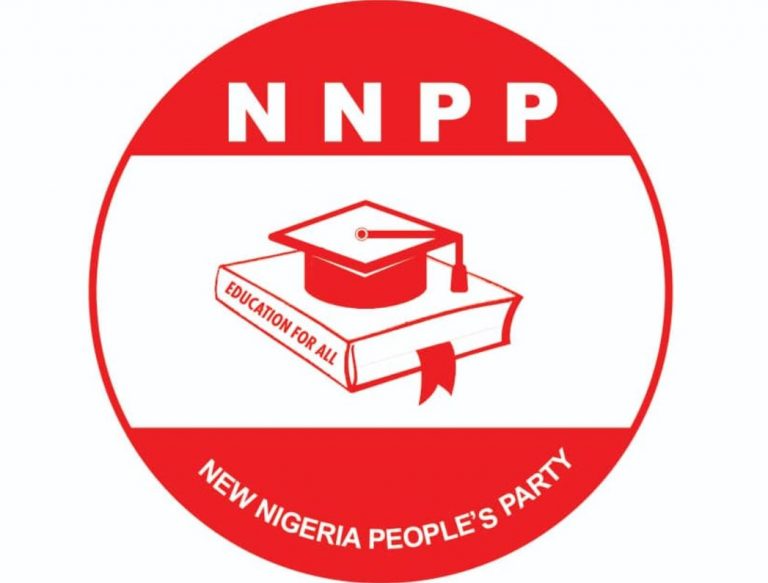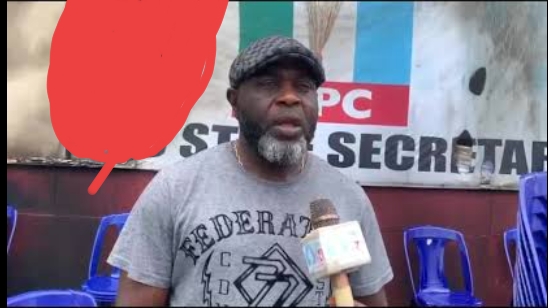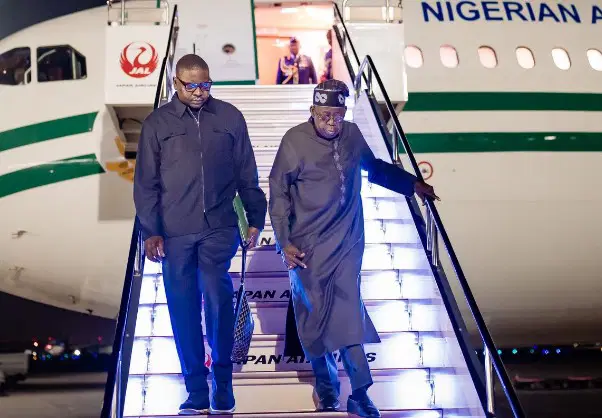Former Kaduna State Governor, Nasir El-Rufai, has officially left the All Progressives Congress (APC) and joined the Social Democratic Party (SDP), citing dissatisfaction with the APC’s current trajectory.
APC’s Reaction
The APC’s national leadership has downplayed the significance of El-Rufai’s defection. Presidential spokesperson Bayo Onanuga stated that the move was expected, particularly after El-Rufai was not appointed as a minister, and dismissed his opposition to President Bola Tinubu as inconsequential.
Likewise, the Kaduna State chapter of the APC expressed little concern, asserting that his departure would not weaken the party’s influence in the state. Party officials emphasized their commitment to unity and progress without him.
PDP’s Response
Although the PDP’s national leadership has not issued a direct statement on El-Rufai’s defection, political analysts suggest that his exit from the APC could energize the opposition. The Guardian reported that his departure might encourage other dissatisfied APC members to explore alternative political platforms, potentially strengthening opposition parties like the PDP.
Analysis
El-Rufai’s defection underscores internal divisions within the APC and raises questions about the party’s unity. High-profile exits like his can indicate deeper structural issues that may affect the party’s stability and electoral chances. However, APC leaders insist that the party remains strong and unaffected by individual departures. The full impact of El-Rufai’s move will unfold in the coming months as Nigeria’s political landscape continues to shift.





